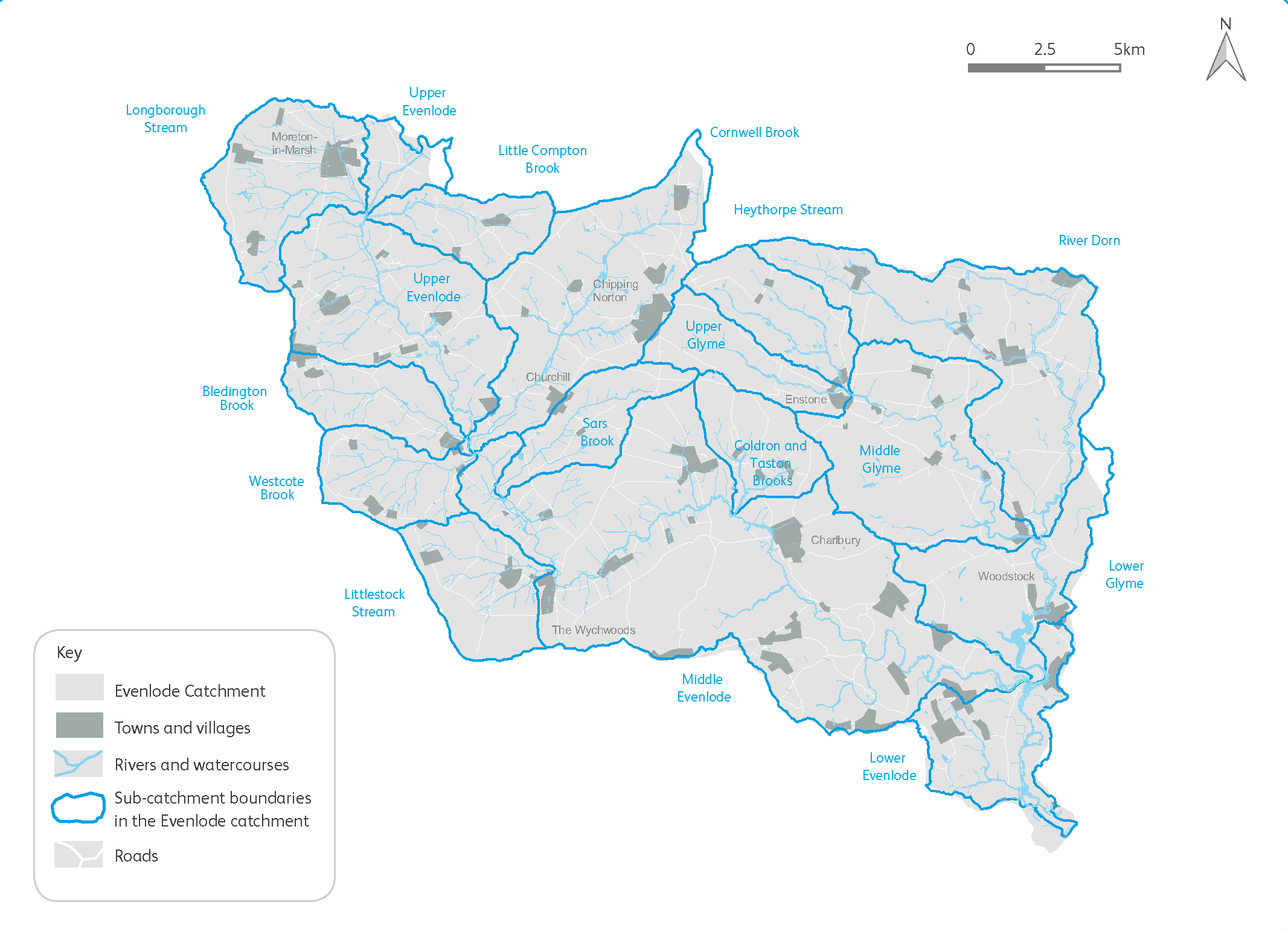Our catchment management initiatives
When the water industry was privatised in 1989, borders were created along the lines of the river basins that gave many of the companies their names. Our sector has since been defined by these catchments. The years following privatisation have seen a transformation in standards, with companies radically improving all key aspects of the service they provide customers, and greatly reducing their impacts on the environment. However, the investment that has made this possible has, largely been through traditional, ‘hard’ engineering solutions, which rarely address problems at source.
Managing our catchments by addressing issues at their source can offer better value or greater benefits. We have a long tradition of catchment projects and programmes, from pioneering work in the 1990s to protect drinking water sources from pesticides used on railway lines, to our award-winning recent programme to install sustainable drainage in schools, managing flood risk and creating new nature reserves in urban catchments.
We face many, varied challenges that mean we need to evolve the ways we work. Rapid population growth and changing weather patterns are placing an increasing pressure on our ageing infrastructure, while we strive to meet higher environmental standards. We continue to work with landowners to reduce diffuse pollution across our catchments. We've also designed an industry-first initiative which will deliver a more holistic approach to improving our river catchments.
Our ‘Smarter Water Catchments’ initiatives
We’re putting this approach into practice to understand how we can achieve key benefits while working in a more holistic way. The first step on this journey is to co-create a catchment plan with key stakeholders who either operate within this environment and/or have a vested interest in protecting and enhancing it. For the period of 2020 to 2025 we’re trialling this in 3 catchments and will be working in partnership to deliver the plans.
How we manage pesticides and nitrate
Using pesticides and nitrate can affect the quality of rivers and groundwater which we use to produce drinking water. We're working with farmers and landowners to reduce this by:
- Raising awareness about current and emerging water quality issues with key groups
- Working with farmers and agricultural advisors to target our projects in the most important areas
- Partnering with local groups trusted by farmers to support catchment management
- Funding research into best practice land management methods. These include cover crop and slow-release fertiliser trials, as well as investigating the use of swales and biofilters
- Working with our neighbouring water companies that also use water from the River Thames
Between 2011 and 2022 we’ve worked with farmers to reduce the amount of metaldehyde from slug pellets from reaching rivers. Because of this partnership, there were definite improvements in water quality and, in the final year of the project, over 400 farmers took part. Metaldehyde can no longer be used, but this example shows what we can achieve together using catchment management.
Alongside our Catchment Fund, which we explain in more detail below, in targeted areas we also offer:
- Water quality updates for farmers and agricultural advisors
- Events to share learning and best practice
- Free one to one advice for farmers on water quality measures
Every farm and every field can make a difference. Learn about steps to protect river and groundwater quality on your farm in our leaflet.
For more information about our catchment-based initiatives, please email us.
Catchment fund and bespoke water quality improvements projects
The Catchment Fund and bespoke water quality improvement projects scheme are open for applications. Application deadlines are at the end of November and May each year.
We have different water quality issues we’re looking to address depending on where you farm. In some areas the problem is with herbicides, and in others it’s with nitrate. For some areas, we’re looking to protect rivers and others to protect groundwater. You can check if you’re located in a priority area using the maps in our handbooks. Please check both the herbicides and nitrate handbooks to see if we’re working in your area.
To find out more or apply, please use the additional information sheets.
